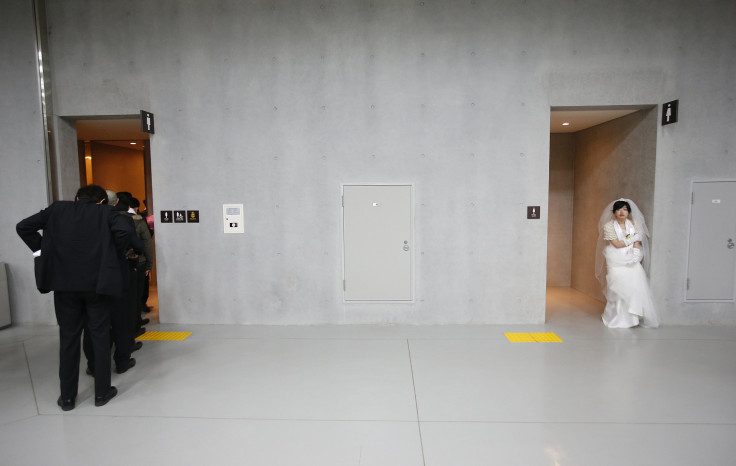South Korea Divorce: Cheating Husband Can't End Marriage With Wife He Left 15 Years Ago, Supreme Court Rules

A South Korean man has been forbidden from divorcing his wife despite the fact that he left her 15 years ago, moved in with another woman and had a child with that woman, the country's Supreme Court ruled Tuesday. Under current law, South Korea does not allow for the person who initiated a breakdown in a marriage to file for divorce, the Korea Times reported.
South Korean district and appellate had courts dismissed the man’s divorce case, initially filed in 2011, because the man took part in an extramarital affair. If it was to grant the divorce, the Supreme Court said, there is no law requiring any spousal or child support to be paid, putting the wife in dire financial straits. The man has three children with his wife.
"More than 77 percent of the couples here divorce after assuming some portion of blame, which is in effect no different from no-fault divorce recognized in other countries," the justices said.
If both sides in a marriage can agree on a settlement, divorces can be granted. The man’s attorneys argued the marriage was broken permanently, but the judges still did not rule in his favor.
Tuesday’s ruling comes on the heels of a February decision by South Korea’s Constitutional Court to decriminalize adultery. Some critics of the ruling said it would threaten the traditional family unit. Similar concerns were raised before Tuesday’s divorce hearing.
Between 2009 and 2015, South Korea arraigned almost 5,500 people on adultery charges, the Guardian reported. In 2004 alone, 216 people were put in jail for adultery. Since 2004, South Korea has jailed less people on adultery charges, reflecting changing social trends.
Court rules cheater cannot file for divorce
http://t.co/GkYofIbpOC
#cheater #divorce #court #SouthKorea pic.twitter.com/O5g4EDILWa
— 코리아헤럴드 Korea Herald (@TheKoreaHerald) September 15, 2015
“Public conceptions of individuals’ rights in their sexual lives have undergone changes,” one justice said at the time of the February ruling, the Guardian reported.
© Copyright IBTimes 2024. All rights reserved.





















